Susan Dentzer
- Health and Health Policy Thought Leader
- Author of Healthcare Without Walls
- President and Chief Executive Officer of NEHI (2016-2019)
- Senior Policy Adviser Robert Wood Johnson Foundation (2013-2016)
Travels From
Maryland
NIC Talks 2018 | Susan Dentzer | Network for Excellence in Health Innovation
Science on the Front Lines: HHS Secretary Alex Azar and Susan Dentzer
Susan Dentzer on Finding Room to Pay for Expensive, Life-Changing Therapies
Susan Dentzer Speaker Biography
Susan Dentzer is one of the nation's most respected health and health policy thought leaders and a frequent speaker and commentator on television and radio, including PBS and NPR, and an author of commentaries and analyses in print publications such as Modern Healthcare, the Annals of Internal Medicine, and the New England Journal of Medicine and NEJM Catalyst. She is also the editor and lead author of the book Health Care Without Walls: A Roadmap for Reinventing U.S. Health Care, available on Amazon.com.
She is currently a Visiting Fellow at the Duke-Margolis Center for Health Policy, the Washington, DC-based arm of Duke University that focuses on health system transformation, biopharmaceutical policy, and other key health policy issues. At the Center, she focuses on research and thought leadership for modernizing the health care system through the use of greater virtual care and a reconfigured health care work force; improving health and health care in rural areas; anticipating a future of effective treatments for Alzheimer’s and other dementias; and other topics.
From 2016 to January 2019, Dentzer was President and Chief Executive Officer of NEHI, the Network for Excellence in Health Innovation, a nonprofit, nonpartisan organization composed of more than 80 stakeholder organizations from across all key sectors of health and health care. From 2013 to 2016, she was senior policy adviser to the Robert Wood Johnson Foundation, the nation’s largest philanthropy focused on health and health care in the United States, and before that, was the editor-in-chief of the policy journal Health Affairs. From 1998 to 2008, she was the on-air Health Correspondent for the PBS NewsHour. Dentzer also wrote and hosted the 2015 PBS documentary, Reinventing American Healthcare, focusing on innovations pioneered by Geisinger Health System and spread across the nation.
Dentzer is an elected member of the National Academy of Medicine (formerly the Institute of Medicine) and also serves on the Board on Population Health and Public Health Practice of the National Academies of Science, Medicine, and Engineering. She is also an elected member of the Council on Foreign Relations; a fellow of the National Academy of Social Insurance; and a fellow of the Hastings Center, a nonpartisan bioethics research institute. She is a member of the Board of Directors of the International Rescue Committee, a leading global humanitarian organization; a member of the board of directors of Research!America, which advocates on behalf of biomedical and health-related research; and is a member of the board of directors of the Public Health Institute, a nonprofit organization addressing public health issues and solutions nationwide. From 2011 to 2017 she was public member of the Board of Directors of the American Board of Medical Specialties, which assists 24 medical specialty boards in the ongoing evaluation and certification of physicians. She also is a member of the RAND Health Board of Advisors, and serves on the global public policy advisory committee for Roche, the international biopharmaceutical company based in Basel, Switzerland.
Dentzer graduated from Dartmouth, is a trustee emerita of the college, and chaired the Dartmouth Board of Trustees from 2001 to 2004. She has served as a member of the Board of Advisors of Dartmouth Medical School for more than two decades. Dentzer holds an honorary master’s degree from Dartmouth and an honorary doctorate in humane letters from Muskingum University. She and her husband have three grown children.
For more information on Susan Dentzer, please contact Executive Speakers Bureau 901-754-9404.
Health Care Without Walls: A Roadmap for Reinventing U.S. Health Care
“Imagine a health care system that came to you -- a system that met you, as an individual, where you are, in your home, workplace, or community, in part through such ‘virtual care’ modalities as telehealth. Such a system would anticipate your needs and work to keep you as healthy as possible, and view any of your needs to access “sick care” as a possible sign that the system had let you down. This system would address the upstream drivers of your health status, and yet be as convenient and accessible as other elements of your life that you now take for granted, like ordering online. Such a system could be called ‘Health Care Without Walls.’
Susan Dentzer can describe current trends and examples moving us toward the vision of Health Care Without Walls, and the public policy changes and private sector measures also necessary to achieve it. Although there will be many benefits in achieving a far more distributed system of care outside of conventional institutional settings, such as hospitals, physicians’ offices, and nursing homes, a number of payment/reimbursement, regulatory, work force, and human factors issues must be addressed before such a system can be realized. Dentzer can describe the need for a “21st Century Hill Burton” program to assist many of the nation’s hospitals in transforming into new roles. In particular, Dentzer can discuss the many implications for the nation’s health care work force; education and training of health care professionals; and in particular, interprofessional education and training to deliver the team- based, virtually enabled care that will increasingly be the norm. She can offer examples of organizations that are engaging in such efforts, and describe the opportunities that may emerge for research and other partnerships to advance the field.
Unequal Opportunities, Unequal Outcomes? Averting the Worst for Health and Health Care in America
As the world reaps the fruits of genomics advances, advanced treatments for many conditions, such as cancer, are becoming available, but they are only contributing to a cost spiral that has already put affordable health coverage out of the reach of many Americans. And in the meantime, growing national health expenditures continue to pose a challenge not just to individuals’ pocketbooks, but to state treasuries, the federal government, and taxpayers. Health expenditures are crowding out spending on other critical areas such as education – leading to a vicious cycle that will probably deprive many Americans in coming years of optimal health.
What is to be done? How can the United States improve the health of its population; address the health crises afflicting so many; spread or equalize access to the best health care available; and maintain expenditures on health care within sustainable bounds? Achieving all of these outcomes may seem impossible, but there are important steps that the nation can take to get us on the right road. Susan Dentzer will describe the issues and options available to us as a nation.
Health care politics and policy: Where is the nation in 2020? Where are we headed?
Medicare for All: What would it mean? Would it work?
Revamping payment in U.S. Health Care: Are we succeeding? What are the results?
Transparency in Health Care Costs
Addressing the Social Determinants of Health: Communities that are leading the way
Hospitals and health systems as “Anchor Institutions” advancing health in their communities
A “21st Century Hill-Burton” plan: How to transform hospitals and health systems to advance health in communities


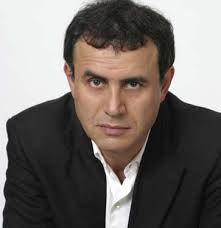

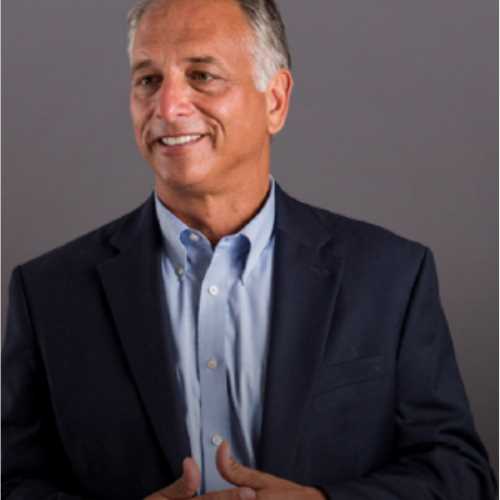

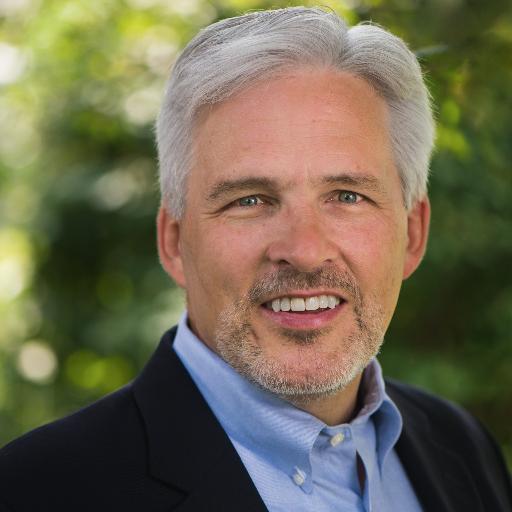


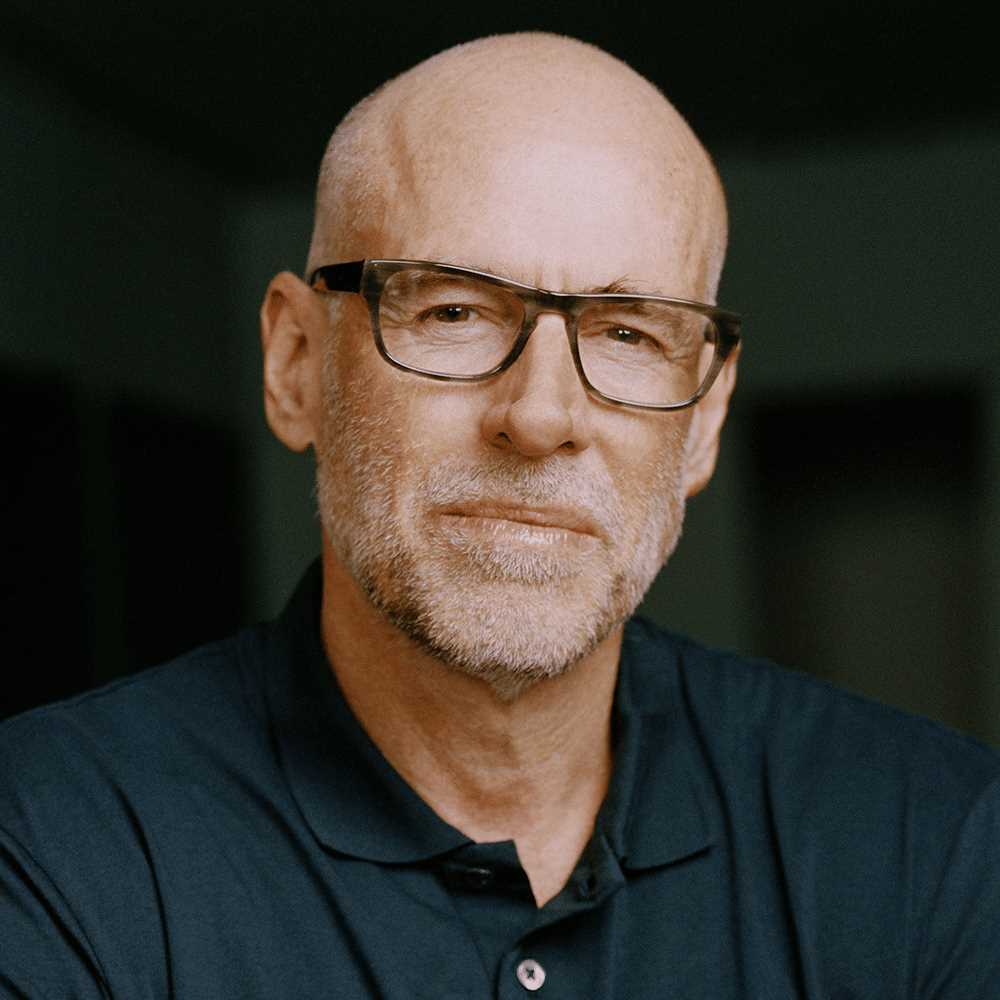
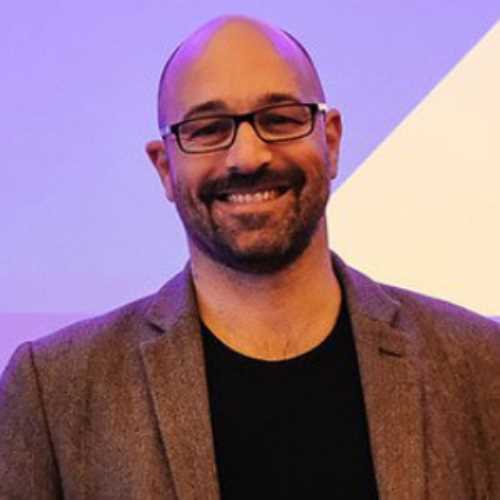













September 12, 2019
Susan was very knowledgeable about her topic and did a great job answering tough questions throughout her presentation. Top notch.
Virginia Hospital and Healthcare Association Helpful 0